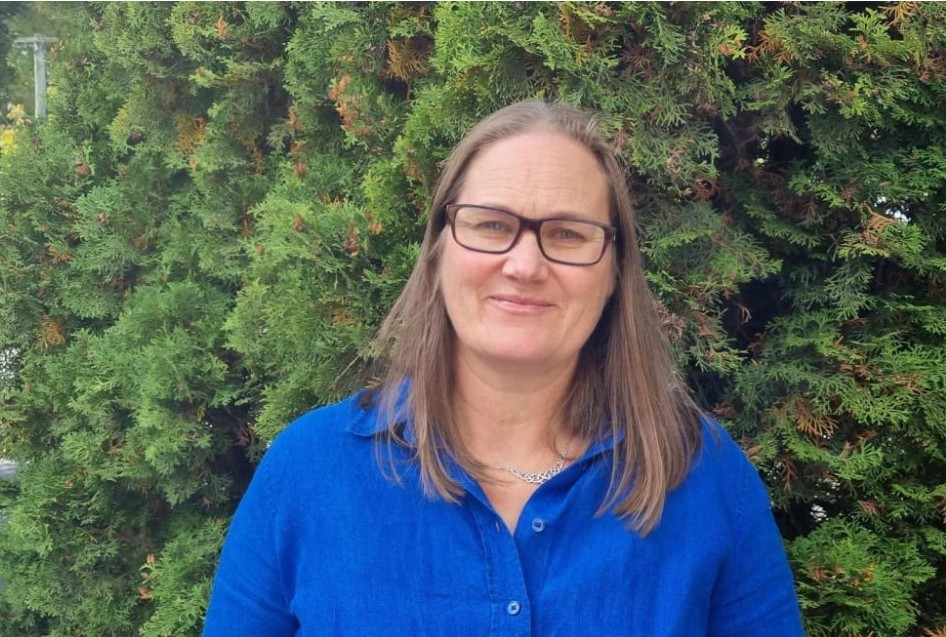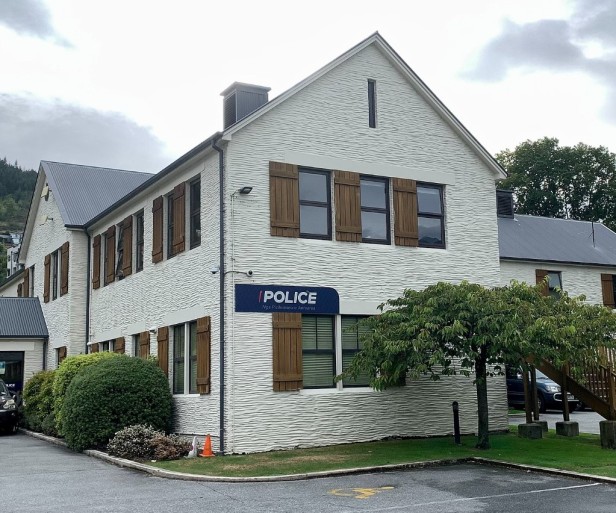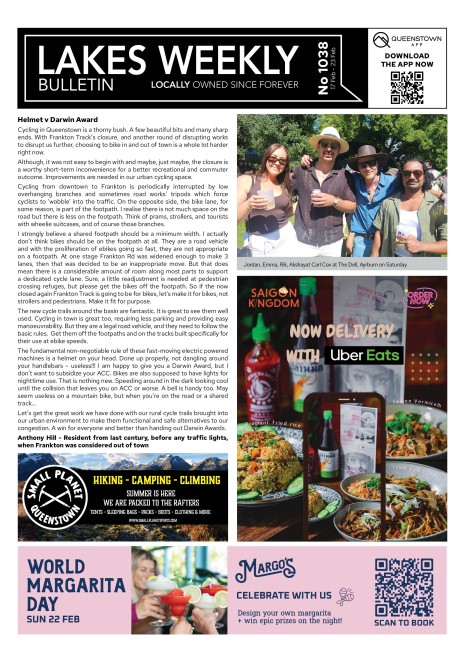QLDC accused of jumping the gun on chief executive recruitment

Katie Todd, RNZ Otago/Southland reporter
A Queenstown councillor and a mayoral candidate say the task of finding a new chief executive should stop, arguing it should wait until after local body elections.
Mike Theelen announced his resignation from Queenstown Lakes District Council (QLDC) in August, effective February 2026.
The council's chief executive performance review committee - consisting of mayor Glyn Lewers and councillors Lyal Cocks and Lisa Guy - confirmed it had recently helped council staff pick a recruitment agency for Theelen's replacement.
Councillor Niki Gladding said the committee operated behind closed doors on the public-excluded basis, meaning she and other elected members were not informed.
She said she had been trying to find out about the recruitment process for some time and was surprised to learn it was already underway.
"We've had no involvement. Choosing the recruiter is a critical part of the process and we've been left out from the start," she said.
Committee members told RNZ they had acted in good faith in line with the QLDC's established policies, the Local Government Act and guidance issued by Local Government New Zealand.
Cocks said there was "nothing secret" and the committee was just doing its job.
"The councillors will be fully involved in the selection of the CEO once the recruiter provides a long list. People are getting well ahead of themselves," he said.
A council spokesperson told RNZ that the recruitment process had not begun and would formally start after the election, with full council involvement.
"The council has appointed a recruitment agency, as is standard for such a senior position, and has used its standard procurement processes to do so. The recruiter will work with the incoming council to scope the role and expectations for the new chief executive," they said.
Auditor-General's advice
According to the Auditor-General's publicly available advice for councils: "A council should give careful thought to its choice of a recruitment consultant or adviser. The person should have the confidence of all elected members."
Mayoral candidate John Glover said the exclusion of councillors in selecting a recruitment firm appeared to be contrary to the Auditor-General's advice.
"You need to give them a brief, 'this is the type and the skill set and the attributes and the values of the person we want to recruit'. To have landed on a recruitment consultant without involving full council is really concerning," he said.
The Auditor-General also advised that "where possible, a council should avoid recruiting a chief executive in the few months immediately preceding or following local elections".
Glover said the chief executive's recruitment could wait until after the election and still be finalised within three months.
"If not, there's plenty of senior leadership team staff who will be able to cover for a bridging period. I think it's most important that it's not rushed," he said.
'Political theatrics'
Guy dismissed the criticisms as "political theatrics".
"It's disappointing that there's been this suspicion cast over a process that is following good governance and standard appointee considerations," she said.
"There has been no exclusion of full council and never was to be. The intention always has been for full council to make the appointment decision around the chief executive."
It was a significant "fork in the road" for the council to transition to effective leadership under a new chief executive, Guy said.
"I would hope that our community can be reassured that there is a good faith process behind this recruitment and every intention of full council having input," she said.
Cocks disagreed with assertions that the council should wait until after the election.
"On the practical side of it, we're trying to run a big organisation here. Most of the councillors are quite happy with the process except for one," he said.
The council spokesperson said the committee and staff had only taken steps to appoint a recruitment agency.
"Having a specialist, senior executive recruiter in place will enable the substantive process to begin as quickly as possible once the new council is in place so that it can undertake the appointment and minimise any gap between the outgoing CE and the new appointment," the spokesperson said.
The next step would be a briefing to councillors, they said.
"It will be for the new council to decide how public its process for scoping the recruitment will be. Any recruitment is fundamentally an employment process which has a degree of privacy (of individuals such as candidates) associated with it.
"Having a nationally renowned provider on board should give assurance that a professional approach will be the hallmark of the process," the spokesperson said.
Claims dismissed by mayor
Queenstown mayor Glyn Lewers issued a media release on Wednesday afternoon responding to Gladding's claims about the chief executive recruitment process, and other matters.
He told RNZ it was not true that councillors were kept in the dark.
"Councillors including Niki were informed by emails as early as April this year about how we were going to go about it," he said.
"I even stated, in one of the emails, that the new CE will be appointed by the new council past the election."
Lewers said the selection of a recruitment firm was a "full and documented procurement process" which followed normal council procedures.
"You can talk to all of the councillors and I think they'll come back with the same point of view - the majority anyway - that what has been said is just one one view, that's probably the antithesis of the rest of the council," he said.









